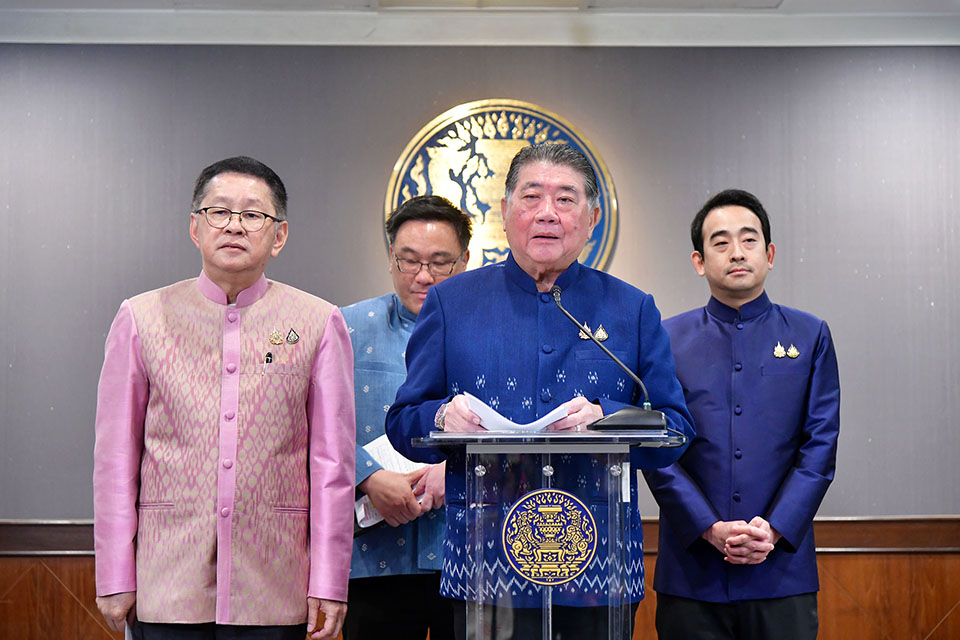
BANGKOK, Thailand – The Cabinet has approved two Royal Decrees to address longstanding land use conflicts in protected forest areas, allowing eligible residents to live and work on specified lands without formal ownership. Proposed by the Ministry of Natural Resources and Environment, the decrees establish conservation projects across six areas, including four national parks, a wildlife sanctuary, and a hunting prohibition zone. The initiatives enable individuals residing in these areas before the 2019 legislation to continue their livelihoods under legal protection.
The new framework permits eligible residents to use up to 20 rai of land per household within designated zones, with strict conditions on land transferability and occupancy by non-family members. Residents are also required to contribute to conservation efforts, helping to restore and protect ecosystems and biodiversity. The projects will operate over a 20-year period, with boundaries defined under Thailand’s “One Map” policy to minimize land disputes and improve protected land management.
The decrees, considered urgent, are set to take effect before November 27, as provisional measures expire. The Cabinet has directed the National Land Policy Committee and the Ministry of Natural Resources and Environment to expedite the process and address any arising conflicts. Additional attention will focus on support for stateless residents, with further land use verification and assistance under consideration.
According to the Secretary-General of the Council of State, these decrees provide a legal framework for residents to remain and work without risking criminal penalties, balancing residents’ rights with forest conservation. (NNT)








